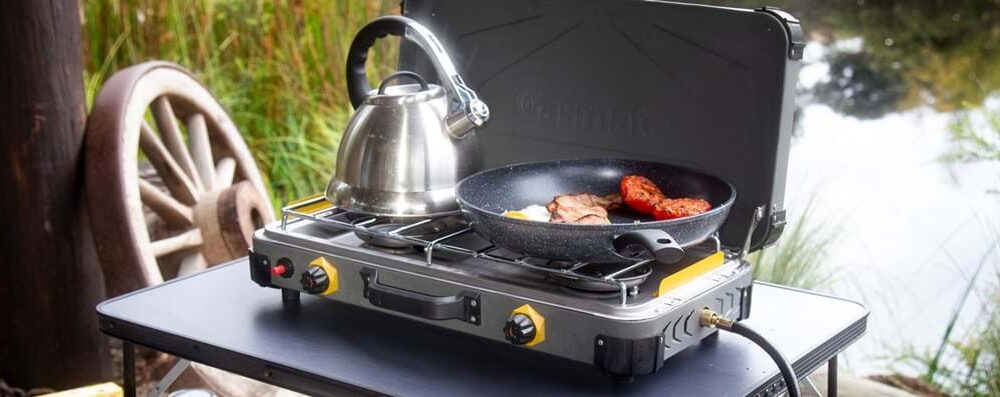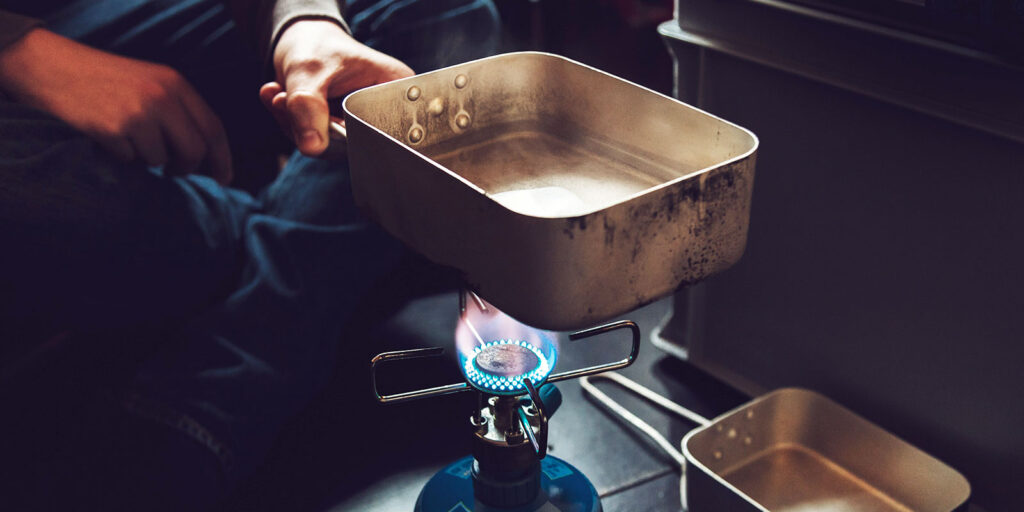As the cold weather sets in, many of us rely on propane to keep our homes warm. However, there’s nothing quite as chilling as realizing you’ve run out of propane in the middle of a freezing night. The sudden realization can be stressful, but do not fear! There are steps you can take to handle this situation smoothly.

Steps You Can Take
Don’t freak out! It’s a common issue and can be resolved without much problem. The key is to have a plan for when this happens. Here’s what you can do when you run out of propane in cold weather:
- Check Your Propane Levels Regularly
Prevention is better than cure. Make it a habit to check your propane tank levels frequently, especially before the winter sets in. This simple step can help you avoid running out unexpectedly.
- Contact Propane Companies Near Me
If you realize you’re out of propane, the first thing to do is to contact propane companies near you. They can deliver a new propane tank and even arrange for a propane exchange near you. Many companies provide propane delivery. They make sure you get a refill promptly.
- Consider Propane Exchange Delivery
Propane exchange services are another convenient option. You can exchange your empty propane tank for a filled one at various locations. Look for “propane exchange near me” to find the closest place for exchanging your tank.
- Stay Warm Temporarily
While waiting for your propane delivery or exchange, it’s essential to stay warm. Close off rooms that don’t need heating and gather everyone in a central, well-insulated area. You can make use of blankets, layers of clothing, and hot beverages to keep warm until your propane supply is restored.
- Prepare Backup Heating Sources
It’s always wise to have backup heating sources. Invest in electric heaters, a fireplace, or a wood-burning stove. All of these can provide temporary warmth until your propane supply is refilled.
- Ensure Safety
When handling propane cylinders or heaters, prioritize safety. Keep flammable items away from heaters, ensure proper ventilation, and follow all manufacturer’s instructions. If you’re unsure about anything, contact a professional for guidance.
- Schedule Regular Propane Check-ups
To avoid running out of propane in the future, you can arrange regular check-ups with your propane supplier. They can inspect your tank and gauge its levels accurately. They can also advise you on when to refill.
- Plan Ahead for Winter
As winter approaches, you can stock up on propane cylinders if you solely rely on propane for heating. Having an extra cylinder on hand can provide peace of mind. You can make sure you’re prepared for any unexpected shortages.
- Learn DIY Troubleshooting
Familiarize yourself with basic troubleshooting techniques for related issues. Sometimes, the problem might be a minor one that you can fix yourself, saving time and inconvenience.
Conclusion
In conclusion, running out of propane in cold weather can be inconvenient, but it’s manageable if you take the right approach. Remember to prioritize safety and reach out to propane companies near you for assistance when needed. With these tips, you can navigate propane shortages with ease and enjoy a cozy winter season.

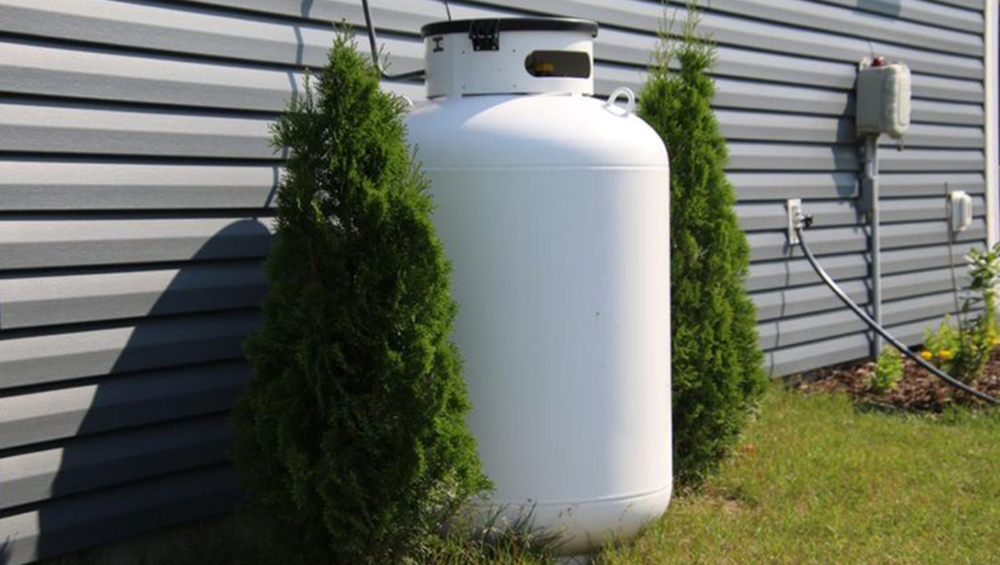
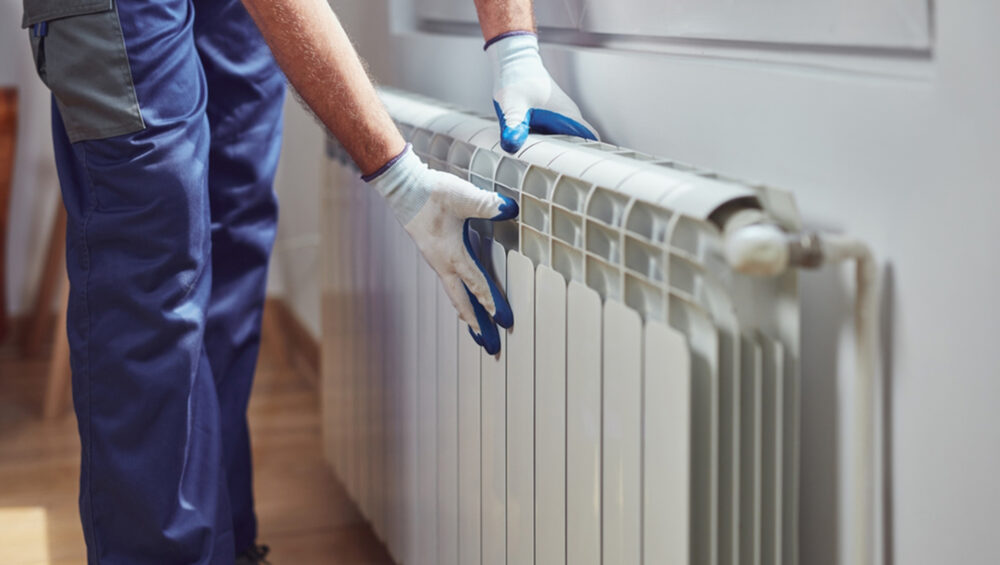

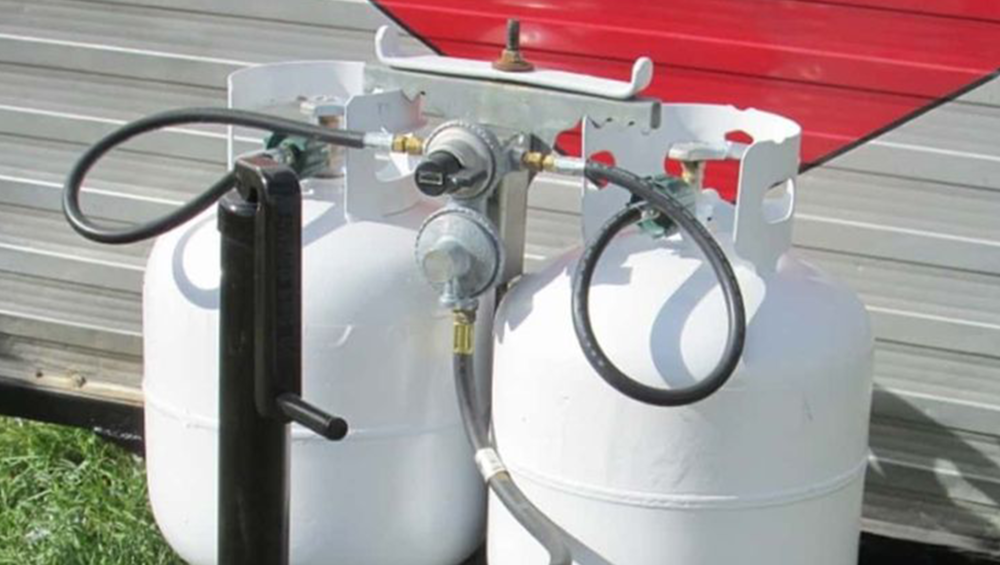

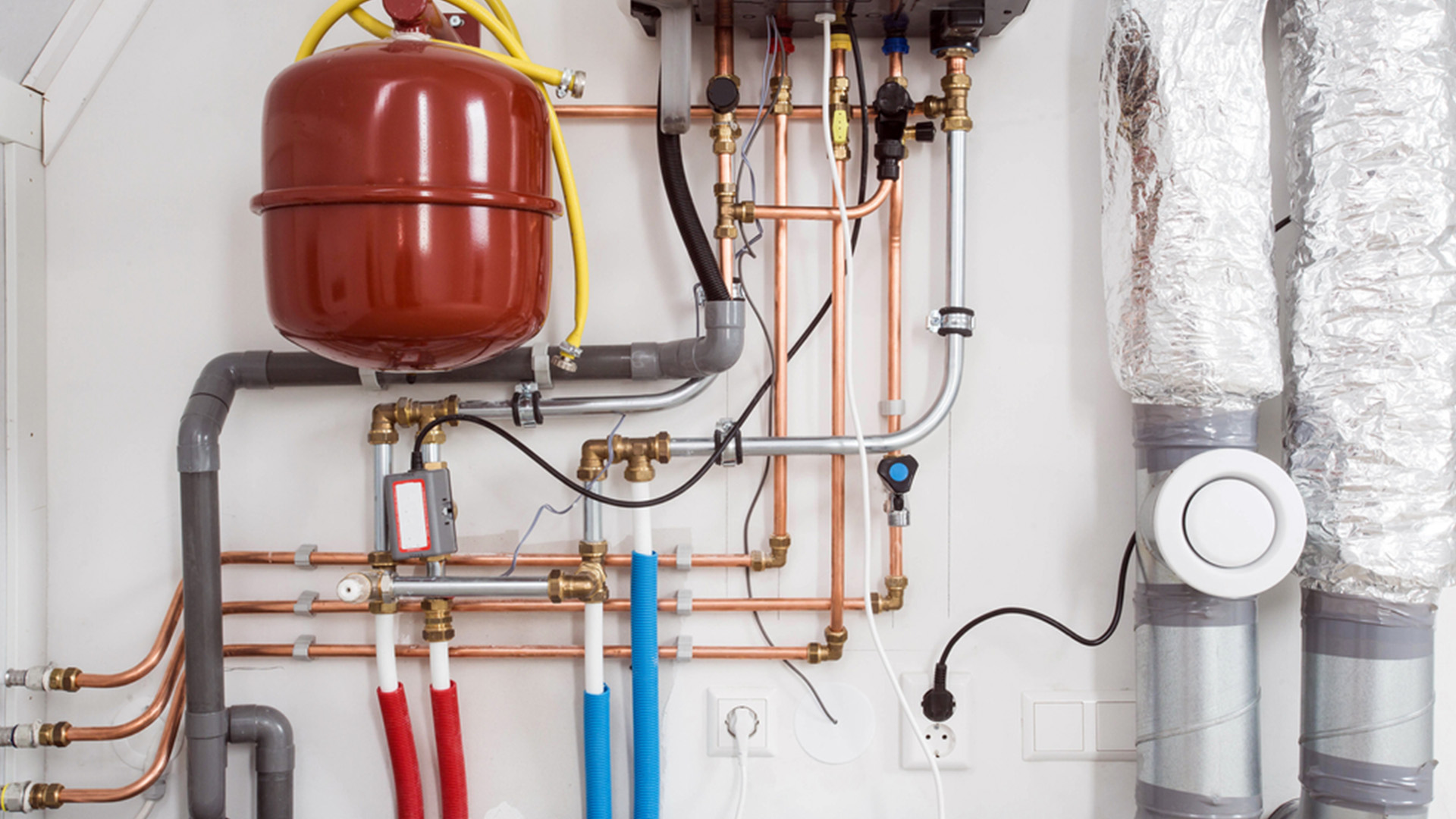 Propane as a Versatile Heating Solution
Propane as a Versatile Heating Solution